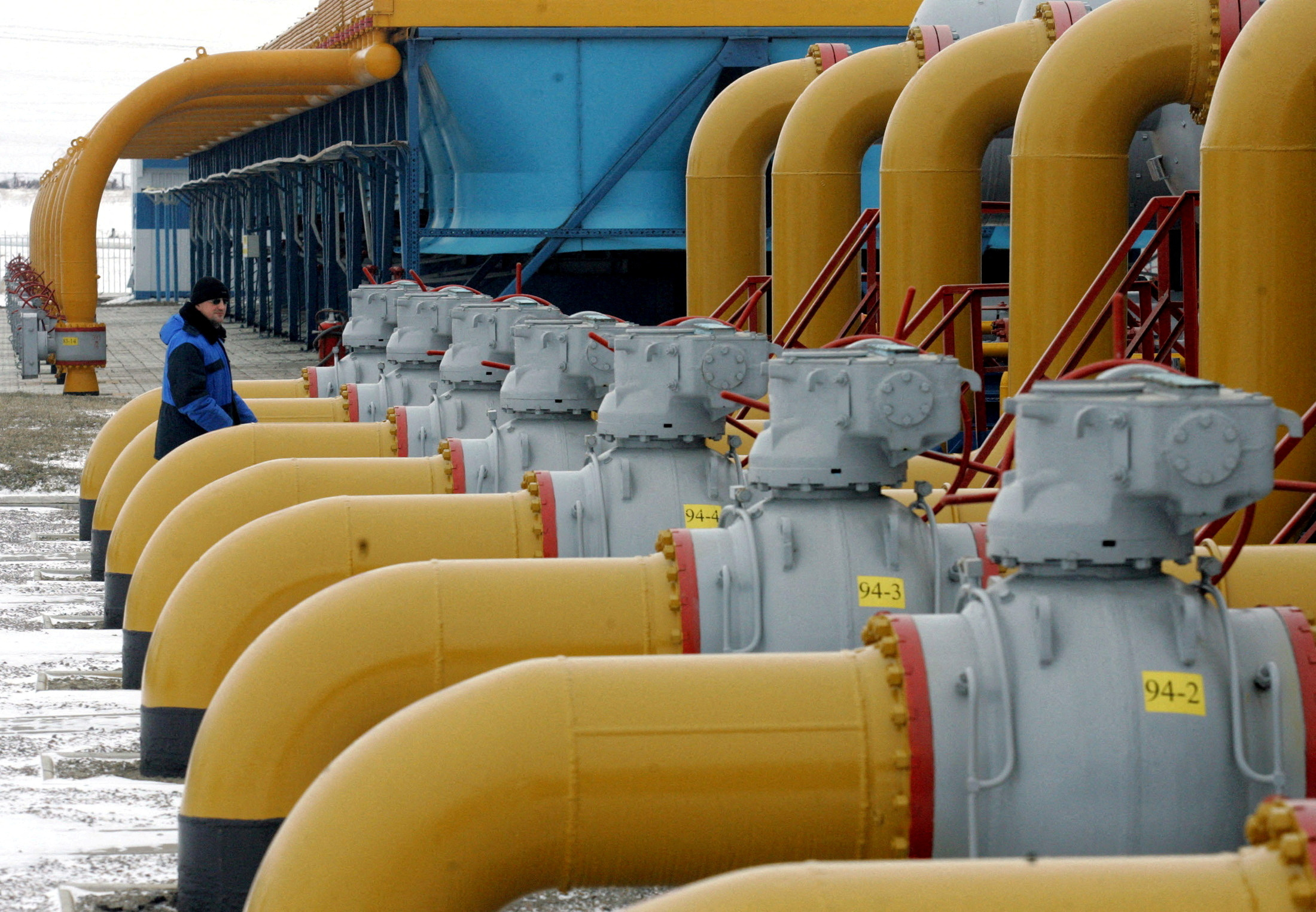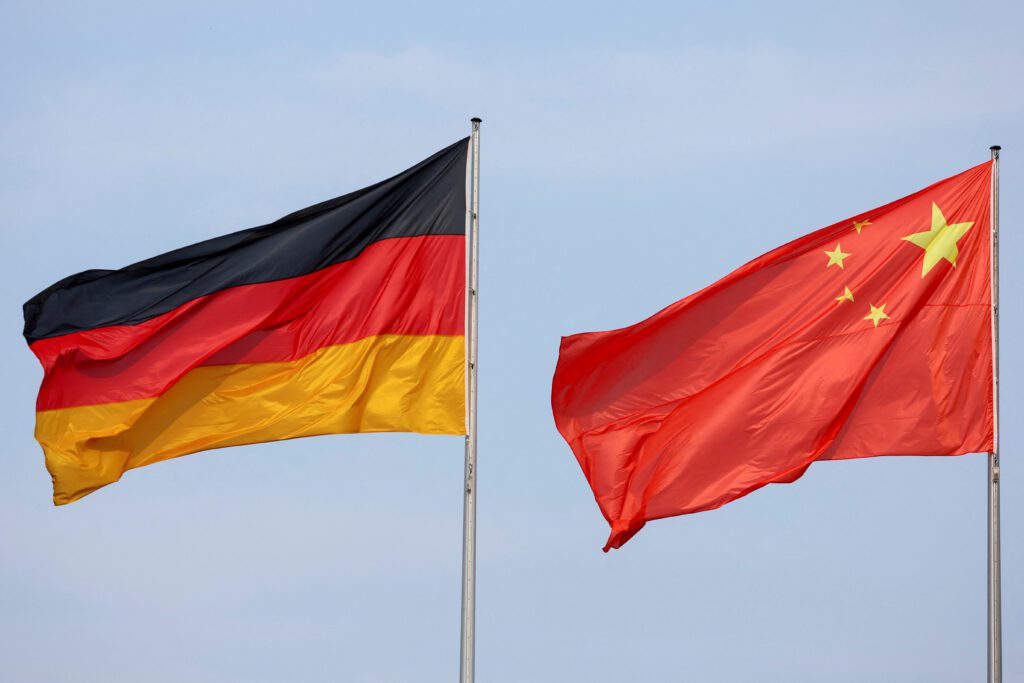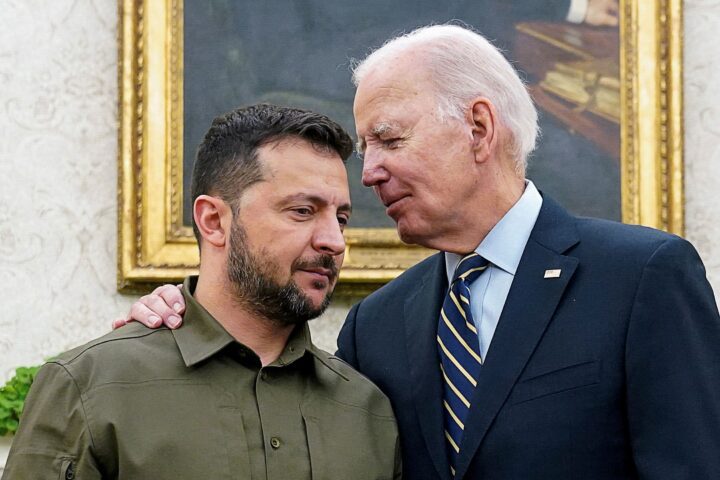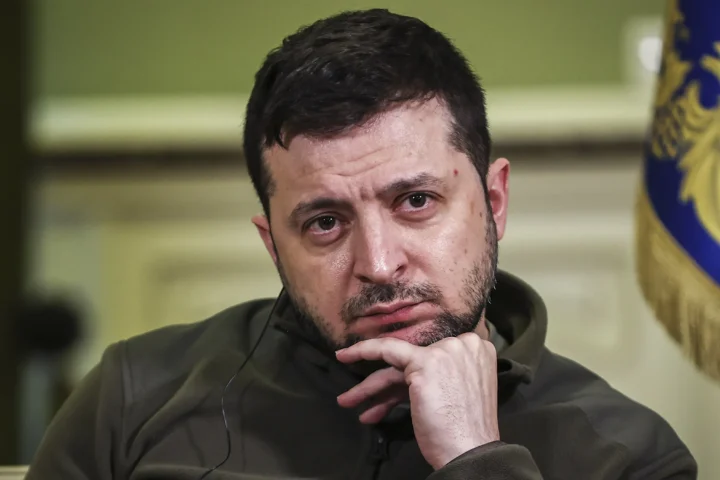The Gas Weapon to the Warfront
Ever since Russia’s annexation of Crimea in 2014, the simmering conflict between Russia and Ukraine has held the potential to rock the energy markets. The recent full-scale invasion by Russia in February 2022 has escalated more than just military tensions. Now with 2024 ending and the war showing no signs of abating, President Volodymyr Zelensky of Ukraine has announced a drastic response: Ukraine will no longer transit Russian gas into Europe.
Why Does This Matter?
The cessation of Russian gas transit represents a significant escalation in the economic dimension of the Russia-Ukraine conflict. Historically, Russia has been a major supplier of gas to Europe, with Ukraine playing a crucial role as a transit country. According to Eurostat, in 2021, almost 40% of the European Union’s natural gas imports came from Russia. Much of this was transported via Ukraine, making the country a critical node in the European energy system.
Zelensky’s statement, therefore, threatens not just Russia’s gas revenues but also Europe’s energy security. It is a strategic move designed to hit Russia where it hurts, economically. “Ukraine will not allow Russia to earn additional billions on our blood,” Zelensky declared in a televised address.
What Does This Mean for Global Energy Markets?
Energy markets have been on edge since the war’s onset, with oil and gas prices spiking in response to supply concerns. The announcement by Ukraine could lead to further volatility. An energy report by the International Energy Agency warned that a significant disruption in Russian Natural Gas supply could lead to a 30% spike in European wholesale gas prices.
Additionally, the move could accelerate Europe’s shift away from Russian gas. In March 2023, Germany announced plans to become independent of Russian gas by the end of the year, a decision that came in response to Russia’s invasion of Ukraine. Other countries may follow suit, intensifying the search for alternative energy sources and driving investment in renewable energy and infrastructure.
What’s the Geopolitical Fallout?
Sanctions have been the primary tool used by the international community to pressure Russia. However, Zelensky’s announcement signals a shift in Ukraine’s strategy, from relying on international sanctions to taking direct economic action. It’s a high-stakes move, likely to cause economic pain in both Russia and Europe, and could potentially escalate the conflict further.
Moreover, the decision puts additional pressure on the European Union to find alternative energy sources, possibly shifting geopolitical alliances. Countries like the United States, Canada, and Qatar, which have significant natural gas reserves, could become more influential in the European energy market.
What’s Next?
The cessation of Russian gas transit through Ukraine represents a new phase in the Russia-Ukraine war, with potentially far-reaching impacts on global energy markets and geopolitical relationships. As the conflict continues, the world will be watching to see how Russia, Europe, and other major players respond to this strategic move. The decisions they make could reshape the global energy landscape, with implications for energy prices, climate policy, and international politics.







